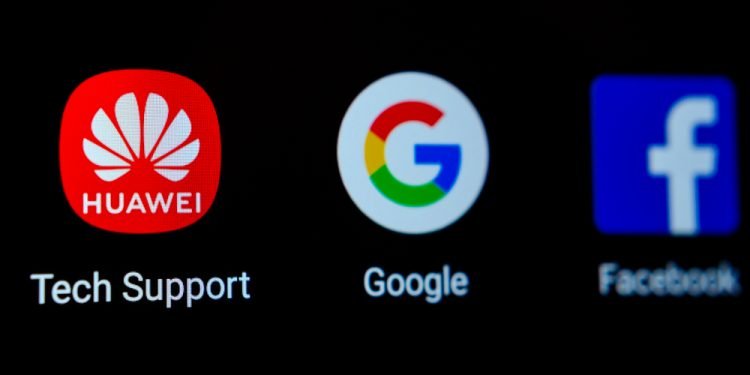Brussels (Brussels Morning) On Tuesday evening, the European Commission finally released its plan to rein in the big tech companies with two proposals for legislative acts that have been long in the making.
There will be new obligations on due diligence, which are part of the EU’s move to swiftly remove illegal content online by imposing sanctions on online platforms.
In future, online sales platforms will be required to verify just who the sellers are before they are allowed to use the platform, a measure to ensure that the companies are legitimate and not set up to defraud customers.
The most significant change is that online sales platforms that act both as sellers and marketplaces, a group that notably includes Amazon, will have to restrict whatever information they gather on sales and internet traffic to the site in a silo-like confinement so that they do not benefit from the information in their own sales planning.
The targets of this legislation are the companies designated the role of gatekeepers, their significance being that they serve as entry points to the single market, even controlling the ecosystem for digital platforms, mainly and namely Google, Facebook and Amazon.
“All businesses should be able to compete freely online,” Commissioner for Competition Margrethe Vestager explained.
Reveal the algorithms
From the new transparency measures, it follows that the digital services platforms will have to show how their algorithms determine what content the customer is presented with in terms of online advertising.
“On transparency, for now, there is a ranking of online sellers and that means that we see only some sellers. But now the digital services platforms should show why and reveal their algorithms so we see who tries to influence whom and what the choice is,” Vestager explained.
“The data silos create fairness in the marketplace because that way the companies won’t have all the data to predict what other actors do. That way, there is a more levelled market.
Platforms that reach more than 10% of the EU’s population (45 million users) are considered systemic in nature, and are subject not only to specific obligations to control their own risks, but also to a new oversight structure. There will be a new board of national digital services coordinators, with special supervisory powers for the Commission when dealing with very large platforms including the ability to sanction them directly.
Within the Digital Markets Act, the Commission can define the companies that are de facto gatekeepers by their size on the market, since the condition is that they are active in several member states, and the assumption that they are prone to unfair practices, a reference to the leading companies that run search engines (Google) and social networks (Facebook).
If the legislation is adopted as planned, after it has been passed scrutiny by the European Parliament and negotiations with EU ministers, practices such as blocking users from un-installing any pre-installed software or apps would be forbidden as unfair. The biggest companies must also ensure that software other than their own can also function with their own services since inter-operability is key to competition.
Rules can be added
Failure to comply with these conditions, and the tech companies will risk being fined up to 10% of their worldwide turnover or possibly having to relinquish certain segments of their businesses. However, the proposals do not lay out plans for splitting off the giants in terms of their European market operations, a possible move that was rumoured prior to the adoption of the Commission’s plans.
Nor do they require prior authorisation of new services offered by the EU authorities. Still, new rules could be added to keep up with the evolving digital markets, if certain practices need to be addressed as a result of the Commission’s investigations.
“Gatekeepers are unfairly advantaged, which provides an imbalance,” Commissioner Vestager stated with reference to the previous competition cases, whereby the most dominant companies had been subject to previous investigations by the Commission. “There have been three Google cases and an Amazon case and two more are on-going,” she recalled. “This is to add to vigilant competition enforcement, because anti-trust scrutiny must work hand-in-hand with regulation.”
In terms of the Digital Services Act, one of the biggest problems with the companies that act as gatekeepers to the market is that they rate their own services more highly, attracting more users as a result. According to the Commission’s future rules, the algorithms for sales platforms should be adjusted so that they give more prominence to other companies’ services or goods rather than promoting the platform’s own sales. Companies are obliged to disclose their operations as defined in the acts.
“The companies themselves should identify where they are in terms of these criteria. Eventually there could be an investigation”, Vestager said.
Publication of the digital services proposals was delayed by a few weeks, reportedly due to differences between Vestager’s approach and Internal Market Commissioner Thierry Breton’s take on the issue.
“So far these companies have been able to do whatever they want,” French Commissioner Breton observed in Brussels on Tuesday. “We are acting in favour of our companies and not against anyone.”




